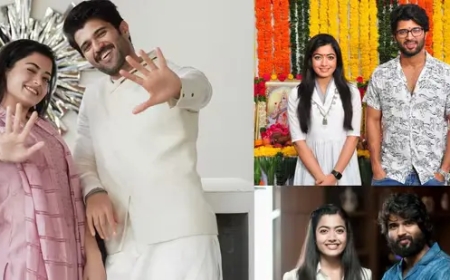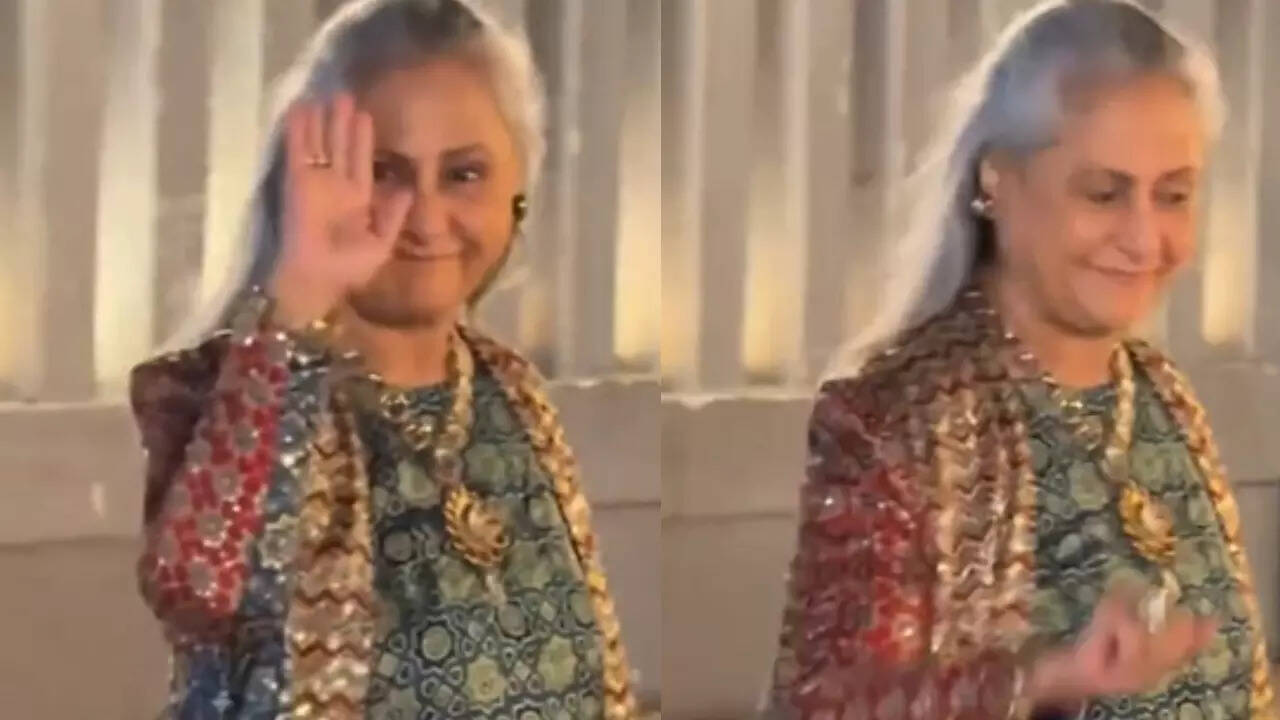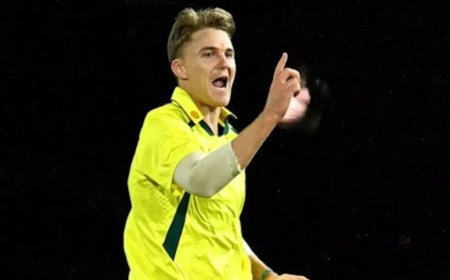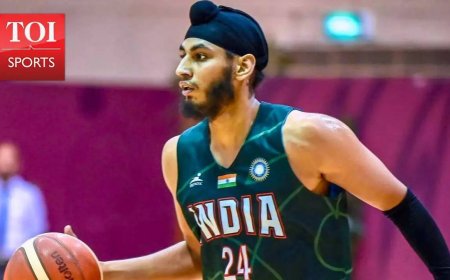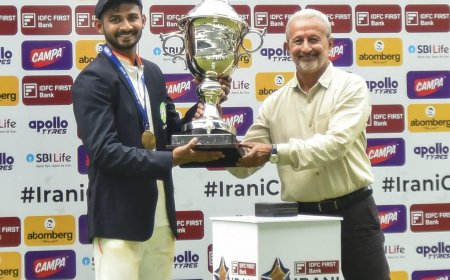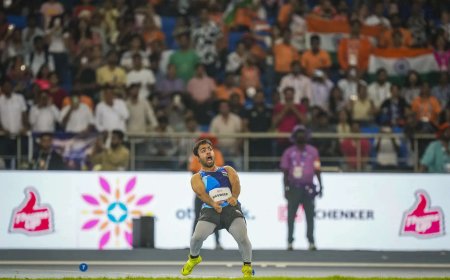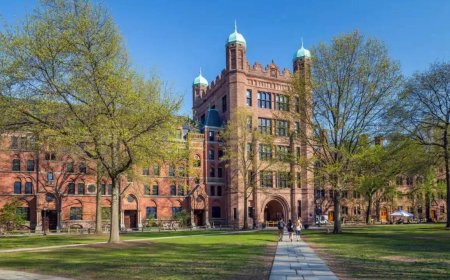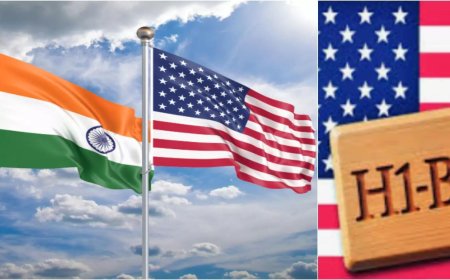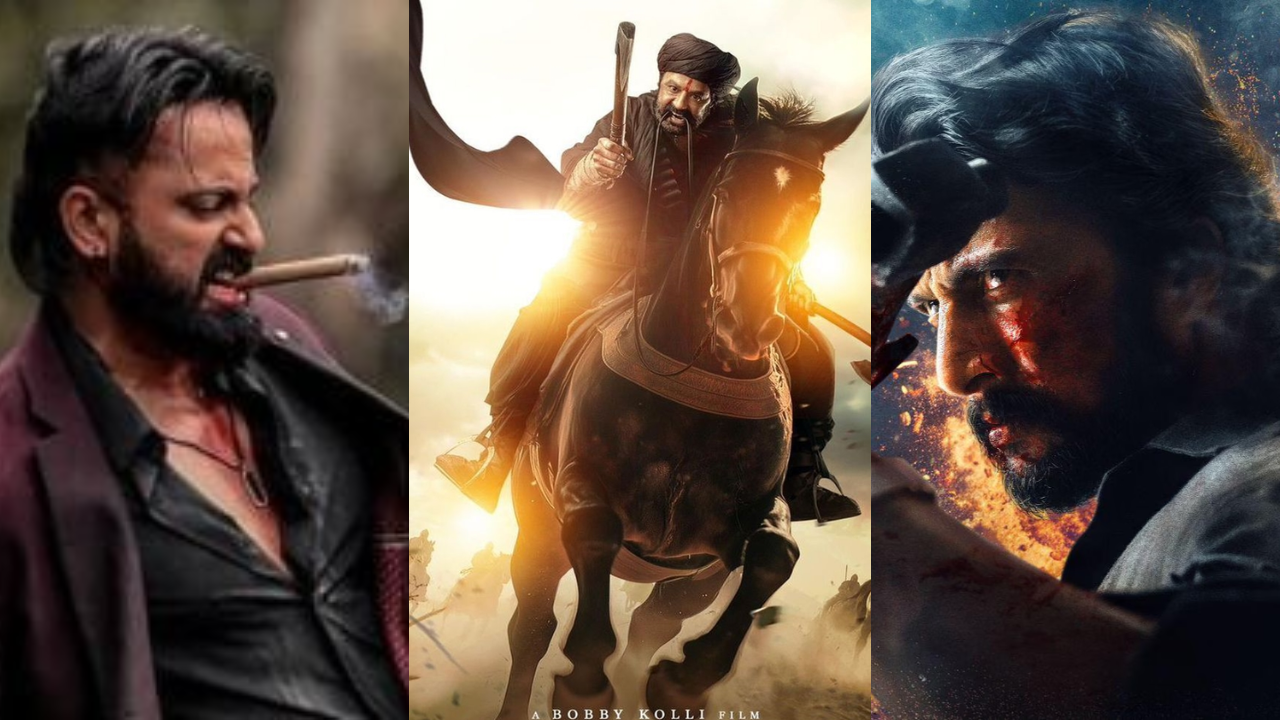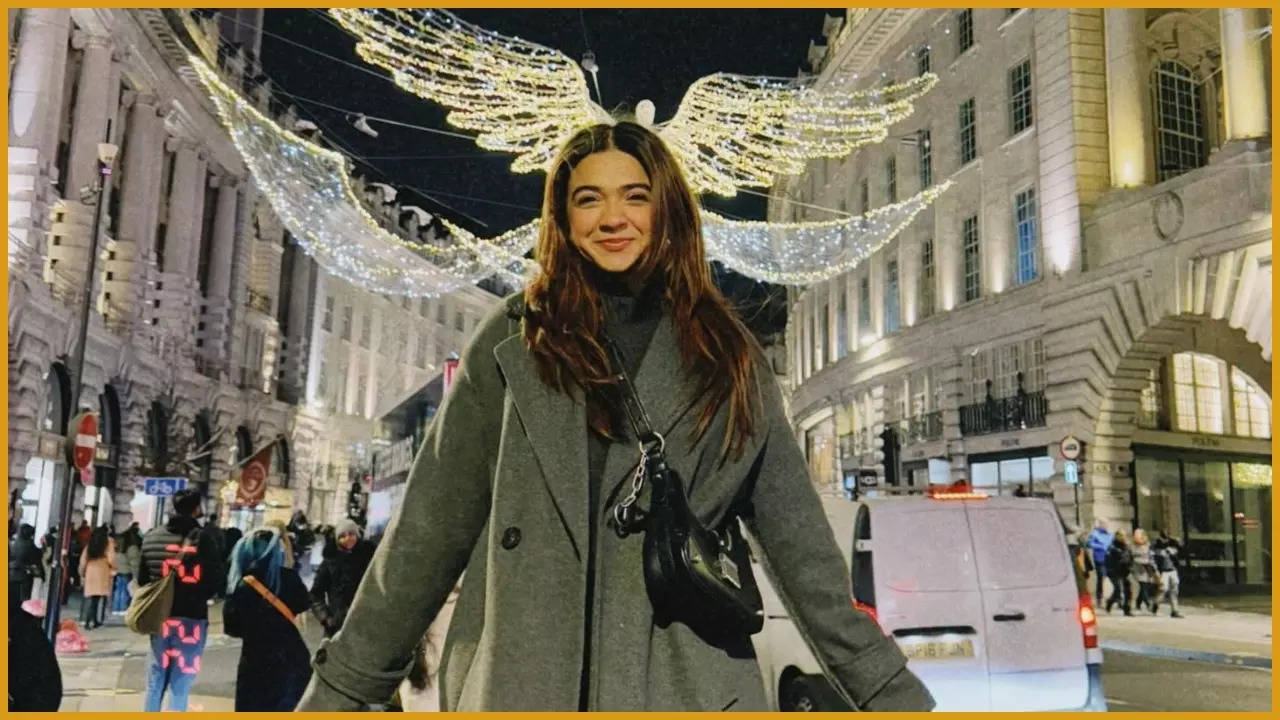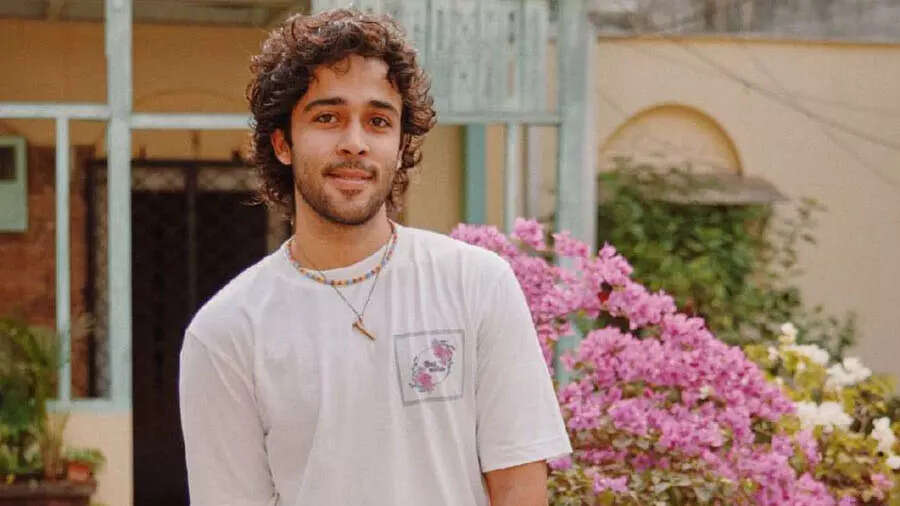The Enduring Popularity of Taarak Mehta Ka Ooltah Chashmah: A Cultural Phenomenon
Explore the enduring popularity of Taarak Mehta Ka Ooltah Chashmah (TMKOC), an iconic Indian sitcom that reflects societal values, promotes communal harmony, and resonates with audiences of all ages.
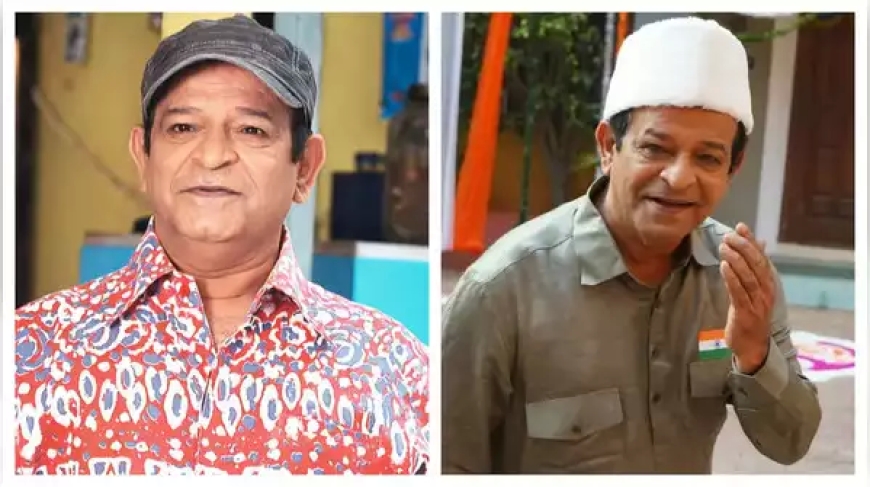
Taarak Mehta Ka Ooltah Chashmah (TMKOC), an iconic Indian sitcom, has captured the hearts of millions across the globe. With its unique blend of humor, social commentary, and relatable characters, TMKOC has become more than just a television show; it’s a cultural movement. As we explore the factors that contribute to its massive popularity, we delve into the show's essence, the significance of its characters, and its impact on the audience.
The Essence of TMKOC: A Mirror to Society
TMKOC stands out due to its ability to mirror the diverse fabric of Indian society. The show portrays the day-to-day lives of the residents of Gokuldham Society, a microcosm of India, where people from different cultures, religions, and backgrounds coexist harmoniously. This portrayal of unity in diversity strikes a chord with the viewers, making the show a reflection of the society they live in.
Social Commentary Through Humor
The series is not just about making people laugh; it’s about making them think. Through its episodes, TMKOC addresses various social issues such as corruption, superstition, and environmental conservation. The beauty of the show lies in its ability to blend these serious themes with humor, ensuring that the message reaches a wide audience without coming across as preachy.
Iconic Characters and Their Impact
Jethalal Champaklal Gada: The Relatable Everyman
Jethalal, played by Dilip Joshi, is one of the most beloved characters on Indian television. His antics, struggles with technology, and constant tussles with his wife, Daya, make him a relatable figure for many viewers. Jethalal’s character represents the quintessential Indian middle-class man, juggling between personal and professional life.
Dayaben: The Quintessential Indian Wife
Disha Vakani’s portrayal of Dayaben, with her unique voice and quirky mannerisms, has become iconic. Dayaben’s character, with her unwavering faith in traditional values, is a symbol of the quintessential Indian homemaker. Her famous “Hey Maa, Mataji!” catchphrase has become a part of the cultural lexicon, further cementing her place in the hearts of the audience.
Abdul: The Heart of Gokuldham Society
Sharad Sankla’s character, Abdul, might not have the most screen time, but his presence is pivotal. As the owner of the all-important soda shop, Abdul is the silent observer of the society’s happenings. His role subtly emphasizes the importance of communal harmony, as he seamlessly integrates with the diverse members of Gokuldham.
The Cultural Impact of TMKOC
A Show That Transcends Age and Gender
One of the most remarkable aspects of TMKOC is its universal appeal. The show is watched by people of all age groups, from children to the elderly. Its clean humor, devoid of vulgarity, makes it a family favorite. Additionally, the show’s ability to cater to both urban and rural audiences has contributed significantly to its widespread popularity.
Representation of Indian Values
TMKOC is more than just entertainment; it’s a representation of Indian values. The show emphasizes the importance of family, respect for elders, and communal harmony. In an era where television content often gravitates towards sensationalism, TMKOC remains grounded in traditional values, making it a comforting watch for many.
The Popularity of Abdul’s Character: A Reflection of India’s Unity in Diversity
Abdul’s character, though not a lead, is a testament to the show’s commitment to representing India’s secular fabric. His role as a Muslim character in a predominantly Hindu society is handled with grace and respect. The love and respect that Abdul receives from the society’s members, regardless of their religion, is a powerful message of unity.
A Symbol of Communal Harmony
Abdul’s role in Gokuldham Society is symbolic of the communal harmony that TMKOC promotes. The fact that his character is loved by the audience, irrespective of his religion, reflects the show’s success in promoting a message of inclusivity. This is particularly significant in a country as diverse as India, where religious differences often make headlines.
Conclusion: TMKOC’s Enduring Legacy
Taarak Mehta Ka Ooltah Chashmah has etched its place in the annals of Indian television history. Its unique blend of humor, social commentary, and strong representation of Indian values has ensured its longevity and continued relevance. As the show continues to air new episodes, its impact on the audience remains as strong as ever, proving that quality content, rooted in cultural authenticity, will always find a place in the hearts of viewers.
What's Your Reaction?
 Like
0
Like
0
 Dislike
0
Dislike
0
 Love
0
Love
0
 Funny
0
Funny
0
 Angry
0
Angry
0
 Sad
0
Sad
0
 Wow
0
Wow
0





